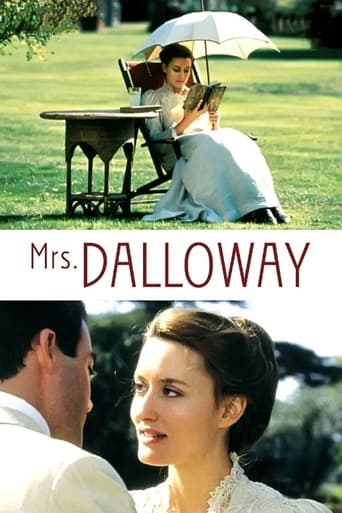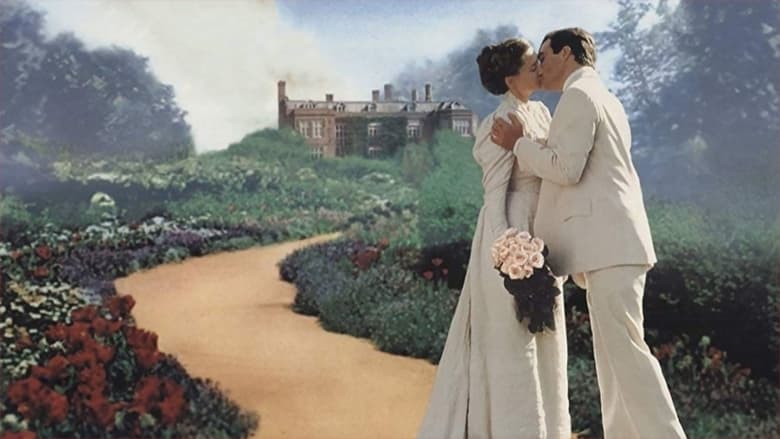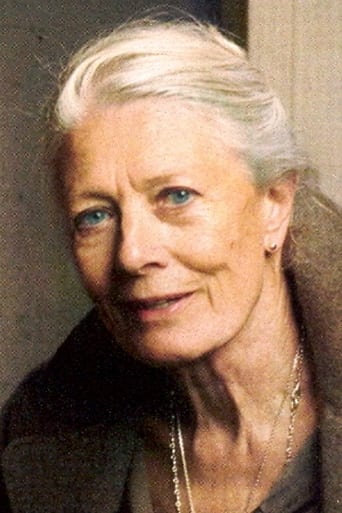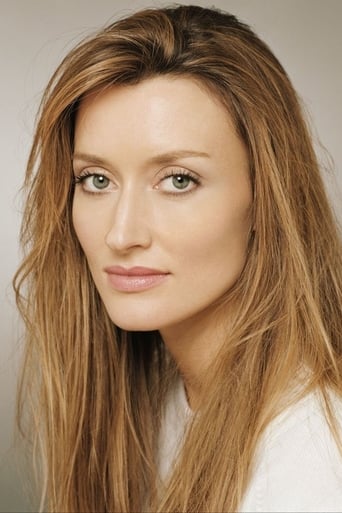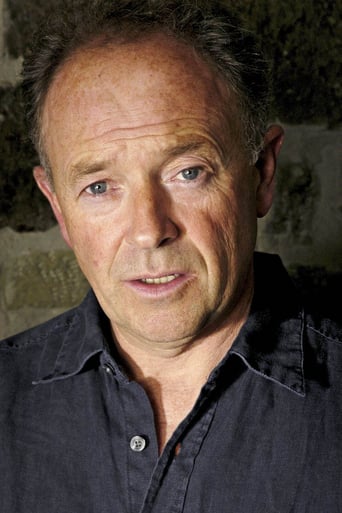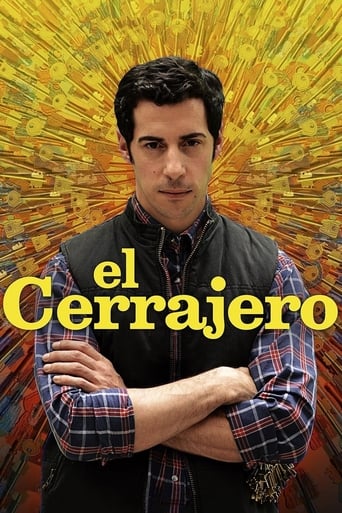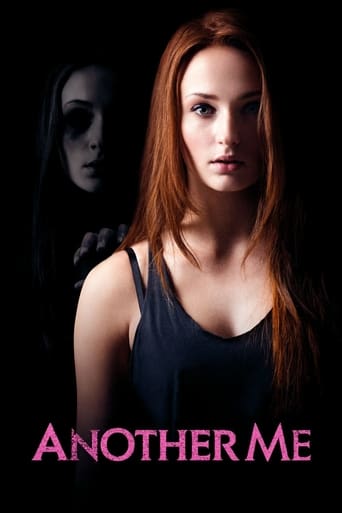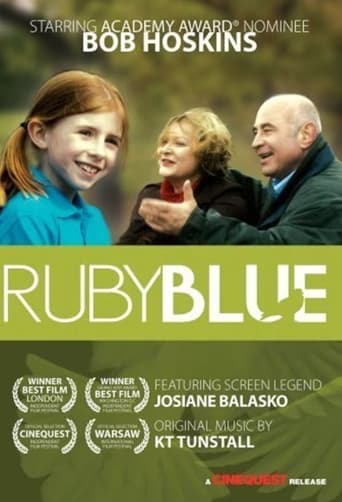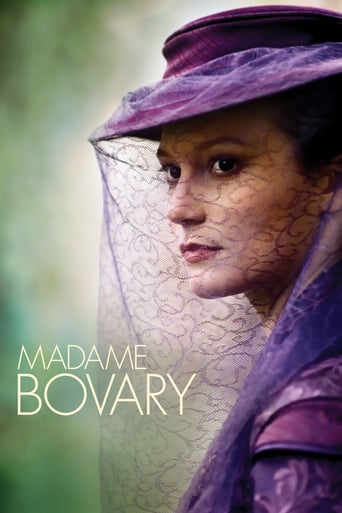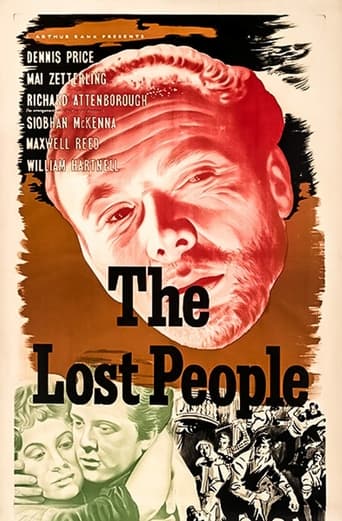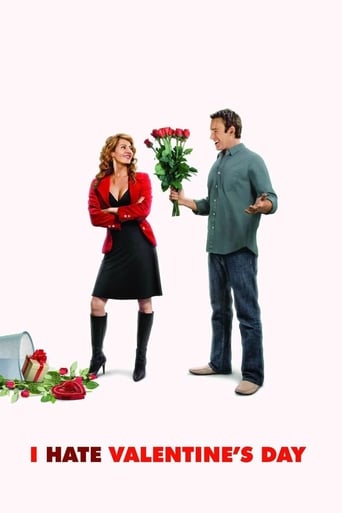Mrs. Dalloway (1997)
Clarissa Dalloway looks back on her youth as she readies for a gathering at her house. The wife of a legislator and a doyenne of London's upper-crust party scene, Clarissa finds that the plight of ailing war veteran Septimus Warren Smith reminds her of a past romance with Peter Walsh. In flashbacks, young Clarissa explores her possibilities with Peter.
Watch Trailer
Cast


Similar titles
Reviews
This movie is a good transposition of the Woolf's novel. Woolf is famous for the almost complete lack of plot of her books (leaving apart the first one, some very few short stories, and Orlando), being interested in writing about what characters are thinking of, and not about what they're actually doing or saying. It was a challenge for the director and the cast, but the result is OK. The weak points are: the first sequence (a short narration about Septimus during second world war: everyone can understand what happened without looking at it, and its "style" is somehow inconsistent with the rest of the movie) and the music, which was rather poorly chosen or written (in a movie in which there is little dialog and a lot of close up of people "thinking" the soundtrack should deserve greater attention). Very good casting and acting (everyone, not just the two leading roles) and gorgeous cinematography. However, if you like movies in which something does actually happen, don't choose this one. And if you are looking for something that perfectly "capture" the complex description of the feelings of Clarissa and Septimus... read a book and don't watch a movie.
Clarissa (Vanessa Redgrave and Natascha McElhone) is a shallow woman, divided between the love of his friend Peter Walsh and Richard Dalloway, a prominent young man from the upper class. Clarissa is showed in two periods: when she was a teenager and as an old lady, worried about parties. There is also a parallel plot of an honored English soldier, Septimus Warren Smith (Rupert Graves), showing the cold and insensible English system. The story is very shallow and boring. The reaction of the bored Peter Walsh, in old Clarissa's party in the end of the movie, when he says, `How boring are the English!' may be extended to `How boring is this movie!'. I never read Virginia Woof's novel and indeed, after watching `The Hours' and `Mrs. Dalloway', I certainly will not. However, there is a beautiful reconstitution of the period from the end of the Nineteenth Century to the after First World War, and a good performance of excellent actors and actress. Recommended only for fans of Virginia Woof and her novels. My vote is five.
"Mrs. Dalloway" is an English period flick (circa 1920ish) which is all about a day in the life of the title character (Redgrave). The film sports an excellent cast and all the trappings of the period's polite society. Unfortunately the film falls apart on story/screenplay which is a herky-jerky mess jumping around between Mr. Suicidal Whack-Job, Dalloway and her best friend umpteen years prior, and prattling about her little evening soiree while spending her time on her duff. The characters are paper thin, the story flat, and the screenplay a shambles making what could have been such a lovely film an unrecommendable waste of a good cast and crew - and that's from someone who adores British period flicks. (C)
Virginia Woolf is thought of as a high-brow rather than popular novelist yet the novel this film is based on sold well when first published in 1924. It is easy to see why there is nothing rarefied in the treatment of its themes, making choices and breaking with the past.Clarissa Dalloway, a society matron, played with startled radiance by Vanessa Redgrave, is throwing a party and while making the arrangements she remembers back to the choice she made 30 years ago as a young woman between two men. One, Peter, charming, intelligent, adventurous, is the sort who went out and conquered India, or at least seduced the Major's wife. The other, Richard, good-looking, loving, a bit boofy, devoid of flair, is the sort that gravitates into politics. Naturally, the young Clarissa (played by Natasha Mc Elhone) has chosen the safe one, but Peter, after a chequered career, has turned up in London and pays her a call. She invites him to the party. Parallel to Clarisa's reminiscences is the story of Septimus (Rupert Graves) a returned soldier from World War I, whose wartime experiences are eating into his sanity. Clarisa is put up as a `modern woman' who refuses Peter's love because she sees it as all demanding and all consuming, despite his attractive personality. Yet she accepts Richard, who wants and needs a dutiful, supportive wife. She also passes up the possibility of love with her close friend Sally. Though shaken when she hears of Stephen's fate from his psychiatrist, a guest at the party, and touched when she meets her old lovers again, she sees her life as going on before, safe and unexciting. For a film-maker the amount of interior musing generated by Woolf's `stream of consciousness' writing technique presents a challenge and here Marleen Gorris has effectively used flashback to externalise Clarisa's memories. We get two stories artfully intercut, though there is not much tension in either of them - costumes, but not much drama. One does, however, get the feel of how it might have been to be in the upper class during the Edwardian late summer; as if just being there was enough (we even meet the Prime Minister at the party). Woolf and Gorris have evoked the atmosphere precisely, even if, as Lytton Strachey said, there isn't much of a plot. Even the minor characters sparkle. Robert Hardy as Sewell's psychiatist exudes bonhomie and guile, and Margaret Tyzak as the meddlesome Lady Bruton gives us a fine example of the old-fashioned female power broker at work. Overall, the film is rather slow, especially at the start, and I did wonder whether it would have been made without all the government and foundation money listed in the credits, but the quality of the performances redeem it to some extent.

